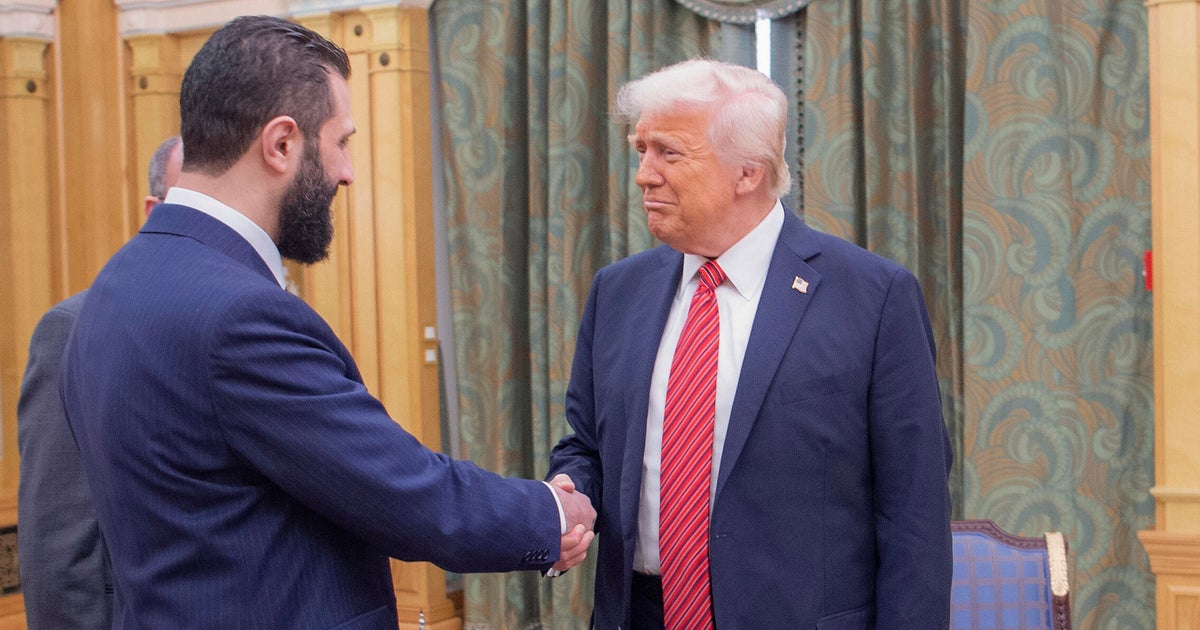Local authorities are struggling to manage the influx of migrants, with challenges in housing, healthcare, and identifying unaccompanied minors.
19:12, Mon, Jul 7, 2025 | UPDATED: 19:15, Mon, Jul 7, 2025

Spanish ships continue to intercept migrants on small boats. (Image: Getty)
The Balearic Islands continue to grapple with migrants arriving on small boats as nearly 100 were intercepted this weekend alone. Spanish authorities rescued 74 migrants in small boats in Majorcan waters and 20 off Formentera between Saturday night and Sunday morning. The Guardia Civil and the Maritime Safety Agency were involved in the operations. A boat with 28 migrants was stopped south of Majorca at 9.50pm on Saturday.
This was followed by another interception near Cabrera at around 2am on Sunday, followed by the Formentera incident at 7.30am. The island of Formentera has emerged as a major entry point for migrants arriving by boat, receiving a substantial portion of the total arrivals to the Balearics. This year has seen 3,222 people arriving to the Balearics via 160 boats, a significant increase from the total of 5,882 in 2024. The majority of these migrants depart from Algeria, making the Algeria-Balearic route increasingly active.

The majority of migrants arriving at the Balearic Islands come from Algeria. (Image: Getty)
The rising migrant numbers, coupled with the recent grim findings of bodies with bound hands and feet, have prompted the Balearic Government to call for enhanced border protection.
Five men were recently found in the sea off Majorca with their hands and feet bound up with rags after dying of starvation. The bodies were those of African migrants who had tried to get to the Spanish holiday island to start a new life in Europe.
The corpses were discovered in the ocean off the Balearics, and it was thought they had been murdered on the crossing before being thrown into the water with their feet and hands tied.
However, their families revealed they were bound because of a death ritual after they died of starvation on the two-week hazardous journey.
Invalid email
We use your sign-up to provide content in ways you've consented to and to improve our understanding of you. This may include adverts from us and 3rd parties based on our understanding. You can unsubscribe at any time. Read our Privacy Policy
Local authorities are struggling to manage the influx of migrants, with challenges in housing, healthcare, and identifying unaccompanied minors.
Regional authorities are demanding more support and resources from the Spanish government, including increased security and better coordination with Algeria to disrupt smuggling networks.
President Marga Prohens has urged the Spanish government to bolster security forces on the islands and to implement "tougher measures against the mafias" responsible for human trafficking and illegal immigration.
She also backed proposals to formally classify the Algeria–Balearics route as a designated migration corridor, which would unlock further funding and support under Spanish and EU law.

 4 hours ago
1
4 hours ago
1










 English (US) ·
English (US) ·